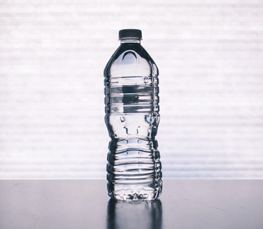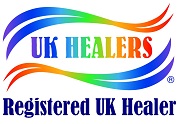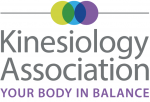Water is Mother Nature’s finest gift and without it, we cannot survive. Other liquid forms keep us from actually dying but pure water itself cannot be substituted if quality health is desired.
It’s common knowledge that most water sources are now polluted, but there is tremendous confusion about what kind of drinking water is the most health promoting, and what kind of home water treatment produces the best drinking water.
TYPES of WATER available to us…
- Purified water: Water that is physically processed to remove impurities (e.g., distillation, deionization, reverse osmosis, carbon filtration, etc.)
- Distilled water: Water that is boiled and evaporated away from its dissolved minerals, and then the vapor is condensed.
- Bottled Water. This water is typically from a spring or has gone through reverse osmosis before it is bottled. However, some brands are simply bottled tap water that may or may not have gone through any additional filtering.
- Alkaline water: Water that has been separated into alkaline and acid fractions using electrolysis, which takes advantage of the naturally occurring electric charges found in the magnesium and calcium ions; in the drinking water industry.
- Deionized or demineralized water: Water in which the mineral ions (salts such as sodium, calcium, iron, copper, chloride and bromide) have been removed by exposing it to electrically charged resins that attract and bind to the salts.
- Hard and soft water: Hard water is any water containing an appreciable quantity of dissolved minerals; soft water is treated water in which the only cation (positively charged ion) is sodium.
Source: Dr Mercola Blog
Today, too many people are choosing soda instead of pure water as their primary beverage, which puts their health at risk.
DID YOU KNOW that….
- A cup of tea takes away about 1 cup of water.
- A cup of coffee takes away about 2 cups of water.
- 1 can of coke takes away around 28 glasses of water because the cola is so acidic, the body is trying to neutralise that.
WHY Water is good for you:
- Cleansing/hydrating.
- Aids organ function.
- Electrolytes need water (e.g potassium, calcium and magnesium transported in water).
- Lubricates joints.
- Hot water is better anti-inflammatory. So for treating kidneys (cystitis). Kidneys hate the cold.
- Do not drink ice cold water, the body would have to use energy to heat it up. The best way to hydrate the body is to drink warm water. Body hydrates slower with cold or chilled water.
- 75% of the body is water.
- Water makes repair protein. Repair proteins needed to keep body intact e.g healing, illness, cosmetically. Water reduces the ageing process.
- For nerve transmission, function. Regulating all functions within the body.
- Transport mechanism – transported by water.
- Helps control and regulate body temperature.
- Helps get rid of waste.
- Helps produce anti-inflammatory properties.
- Water activates white blood cells so helps with immune system.
- Still water helps to neutralise acid in the body. When the body is happily alkaline, it makes oxygen in the body = healthy body. Acidic cells = de-oxygenated. Toxins create acid in the body. Carbonated water makes acid in the body.
- Water gives the body energy.
- Liver needs water to work efficiently and alkalise body chemistry and produce bile.
- Helps to break down mucus.
- Softens cells, making them more permeable and able to receive vitamins and minerals.
Panic attacks can be alleviated by drinking water. Its about getting oxygen into the body. Stress dehydrates the body. Water relaxes the body.
Total Health Now believes that drinking alkaline ionised water is beneficial for everyone!
Drink water 30 mins before a meal, as its helps with digestive enzymes. If one is de-hydrated then one cannot digest sufficiently and as mentioned before, digestion is key for increasing absorption of nutrients.












